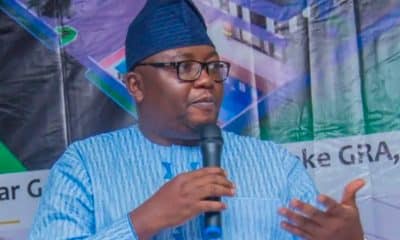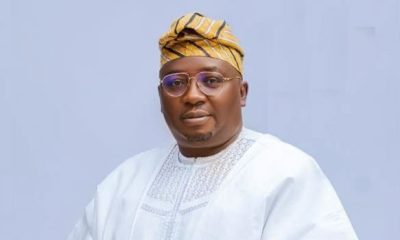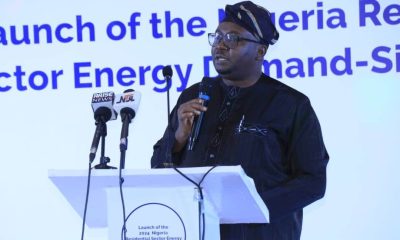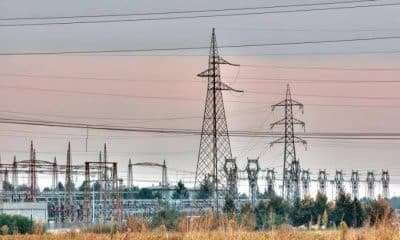Nigeria News
Guineans, Togolese, Malians Pay More For Electricity Than Nigerians – Minister
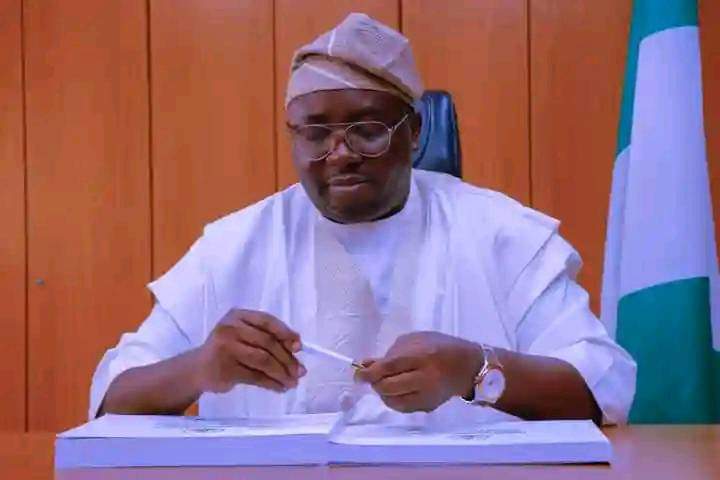
Nigeria’s Minister of Power, Adebayo Adelabu, has revealed that citizens of neighbouring countries, including Mali, Togo and Guinea, pay more for electricity than Nigerians.
Making this claim while visiting the corporate headquarters of Ikeja Electric in Lagos State on Thursday, the power minister, who spoke on the heels of the need to revitalise the country’s power sector, said that Nigerians would also be ready to pay more for electricity if they get an improved power supply for their money.
Naija News reports that Adelabu emphasized the need for stakeholders in the electricity supply chain to unite and create a basis for removing electricity subsidies for a cost-reflective tariff.
He explained that the challenges facing electricity are not insurmountable if all stakeholders play their roles well.
Adelabu further expressed concern that a number of the 11 power distribution companies were not ready to invest in power infrastructure. He said the government would stop this through legislation that would make capitalisation a requirement for all Discos.
The minister further disclosed that citizens were currently complaining about the low power supply occasioned by gas constraints because there is too much heat, and fuel is no longer affordable due to subsidy removal.
He suggested that Nigerians would pay more for power if it relieves them of the cost of buying fuel.
He said, “A lot of our distributors are satisfied with the status quo. There are some high-impact investments you can make in infrastructure that will double your fortune. This translates to increased revenue for you. Some Discos are not ready to put in any money; they are just satisfied getting that their monthly stipend pocket money.
“We will not allow that. That is why we are saying that if by persuasion we cannot achieve it, we will achieve it by legislation. We are looking at capitalisation requirements for Discos, which will compel them to pay more funds.
“Power business is highly capital intensive. It requires a lot of investments and infrastructure, and the investment can never be lost. It will also transform into sales and revenue for Discos. So we believe that our Discos must be ready to invest in high-impact infrastructure.
“It’s not like we have not experienced this kind of thing before, but the heat is too much now, while petrol and diesel for generators are no longer affordable. People who have been spending ₦2,000 on fuel now need N10,000. They cannot afford it; so, the noise is much.
“I believe a lot of people will be ready to pay for electricity, whether at the current tariff or an increased tariff because ultimately we are going to migrate to the full cost-reflective tariff. Over the next three years, we should migrate. The government cannot continue to subsidise the cost of electricity.
“Guinea, Togo, Mali, Ivory Coast, and all the neighbouring countries that we have that are supposed to be poorer than Nigeria, they pay more than double what we pay here. I believe that our people will be ready, once they are sure of reliable and consistent supply.”

